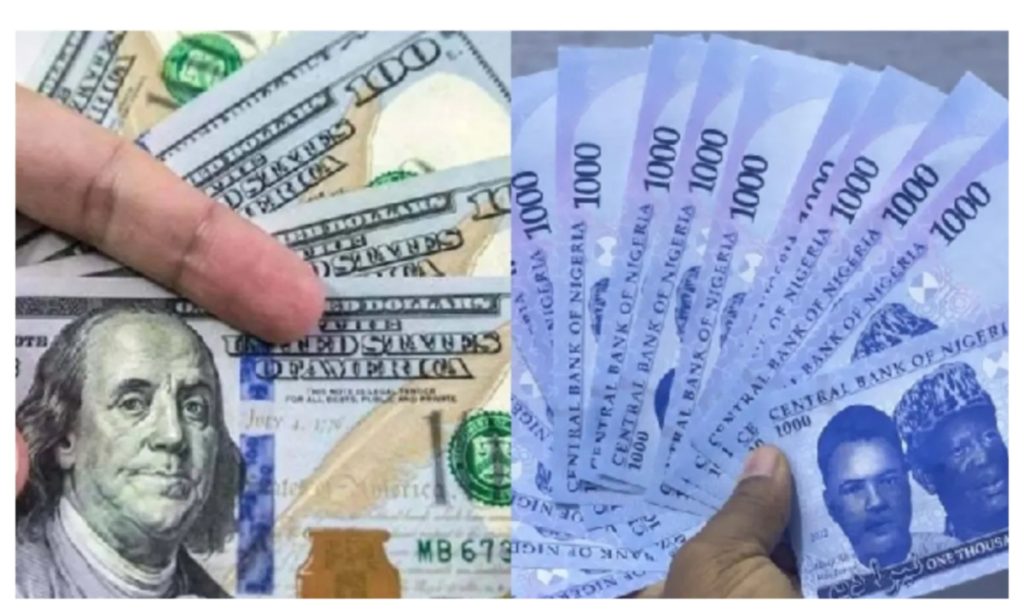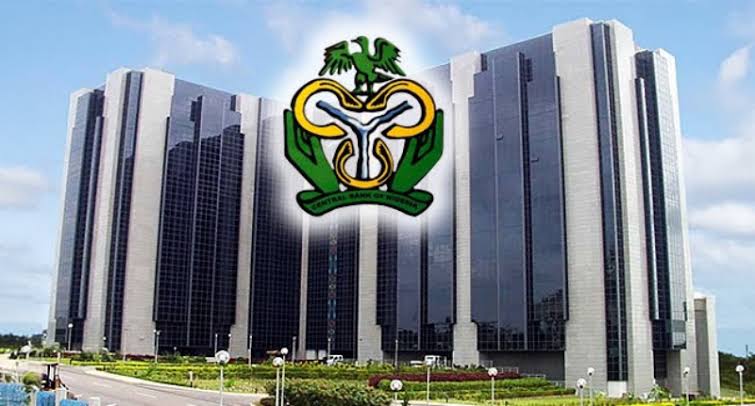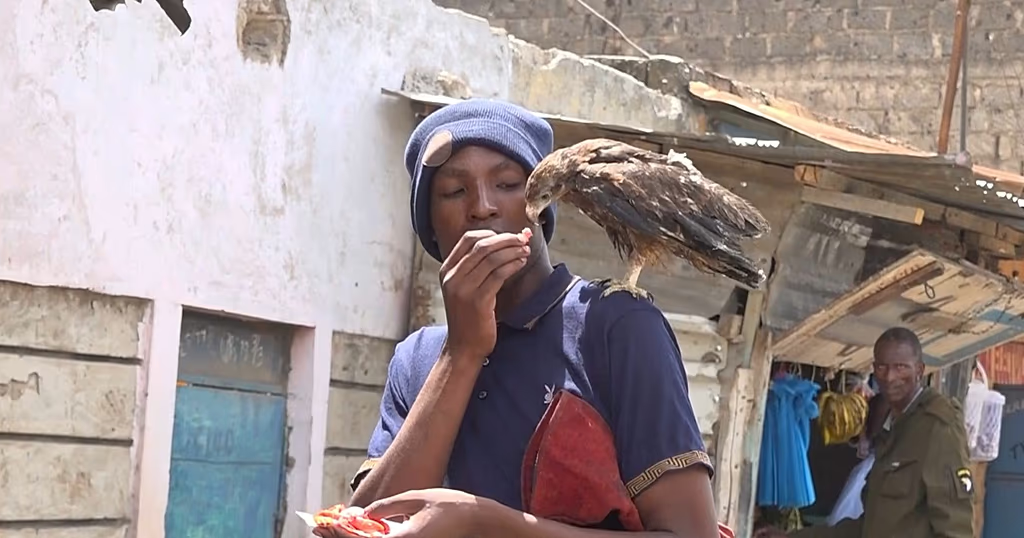Over 350 million people across the African continent are excluded from the financial system, as revealed by a recent report. The report, published by AfricaNenda in collaboration with Co-Develop, was unveiled in Nairobi, Kenya, shedding light on the challenges and prospects of financial inclusion on the continent.
Sabine Mensah, Deputy CEO of Nairobi-based AfricaNenda, emphasized the prevalence of mobile phone users in Africa while lamenting the substantial portion of the population still marginalized from the financial ecosystem. The report delved into the significance of financial inclusion in providing accessible and affordable services to meet the needs of individuals and businesses.
Titled ‘The State of Instant and Inclusive Payment Systems in Africa (SIIPS),’ the 2023 report is a joint endeavor involving AfricaNenda, the World Bank, and the United Nations Economic Commission for Africa. It extensively addressed the barriers to scaling instant and inclusive payment systems in Africa, highlighting the impact of poor digital public infrastructure (DPI) and cyber risks in limiting financial access.
While Ghana and Kenya have made notable progress in advancing mobile money banking services, the report unveiled that only 29 domestic-level instant payment systems currently exist on the continent. Additionally, it noted that Nigeria’s launch of the e-Naira policy in 2021 has not garnered widespread adoption.
The report also spotlighted success stories from India and Brazil, illustrating the transformative effects of their Instant Inclusive Payments Systems (IIPS) in revolutionizing digital payments. The benefits of IIPS were underscored, including enhanced accessibility, reduced dependency on cash, lower transaction costs, and instant transactions, all contributing to financial inclusion.
Furthermore, the report highlighted that instant payment systems in Africa facilitated nearly 32 billion transactions valued at approximately $1.2 trillion, demonstrating its substantial impact. It also underscored the importance of expanding digital public infrastructure to scale mobile finance services, advocating for inclusive, safe, and equitable adoption at a broader scale.
In a bid to address these challenges and promote awareness on digital public infrastructure, Co-Develop has embarked on strategic investments and partnerships to drive the delivery of mobile banking services for the unbanked. The organization is currently training 20 journalists from West Africa in collaboration with the Media Foundation for West Africa, aiming to amplify public discourse and awareness on DPI.
In summary, the report not only revealed the magnitude of financial exclusion in Africa but also illuminated the potential of instant and inclusive payment systems to bridge this gap. It underscored the need for concerted efforts in expanding digital public infrastructure to ensure inclusive and equitable access to financial services across the continent.



